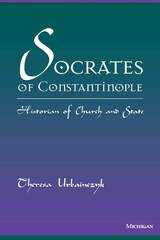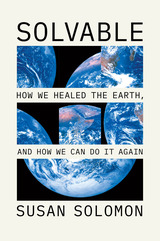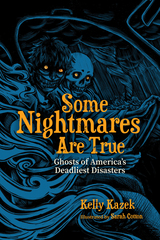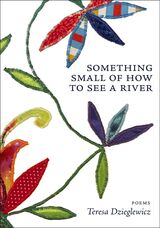
Roman Catholic moral theology is the point of departure for this multifaceted exploration of the challenge of allocating scarce medical resources.
The volume begins its exploration of discerning moral limits to modern high-technology medicine with a consensus statement born of the conversations among its contributors. The seventeen essays use the example of critical care, because it offers one of the few areas in medicine where there are good clinical predictive measures regarding the likelihood of survival. As a result, the health care industry can with increasing accuracy predict the probability of saving lives—and at what cost.
Because critical care involves hard choices in the face of finitude, it invites profound questions about the meaning of life, the nature of a good death, and distributive justice. For those who identify the prize of human life as immortality, the question arises as to how much effort should be invested in marginally postponing death. In a secular culture that presumes that individuals live only once, and briefly, there is an often-unacknowledged moral imperative to employ any means necessary to postpone death. The conflict between the free choice of individuals and various aspirations to equality compounds the challenge of controlling medical costs while also offering high-tech care to those who want its possible benefits. It forces society to confront anew notions of ordinary versus extraordinary, and proportionate versus disproportionate, treatment in a highly technologically structured social context.
This cluster of discussions is enriched by five essays from Jewish, Orthodox Christian, and Protestant perspectives. Written by premier scholars from the United States and abroad, these essays will be valuable reading for students and scholars of bioethics and Christian moral theology.
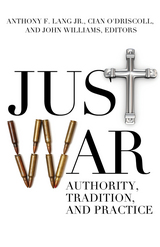
The just war tradition is central to the practice of international relations, in questions of war, peace, and the conduct of war in the contemporary world, but surprisingly few scholars have questioned the authority of the tradition as a source of moral guidance for modern statecraft. Just War: Authority, Tradition, and Practice brings together many of the most important contemporary writers on just war to consider questions of authority surrounding the just war tradition.
Authority is critical in two key senses. First, it is central to framing the ethical debate about the justice or injustice of war, raising questions about the universality of just war and the tradition’s relationship to religion, law, and democracy. Second, who has the legitimate authority to make just-war claims and declare and prosecute war? Such authority has traditionally been located in the sovereign state, but non-state and supra-state claims to legitimate authority have become increasingly important over the last twenty years as the just war tradition has been used to think about multilateral military operations, terrorism, guerrilla warfare, and sub-state violence. The chapters in this collection, organized around these two dimensions, offer a compelling reassessment of the authority issue’s centrality in how we can, do, and ought to think about war in contemporary global politics.
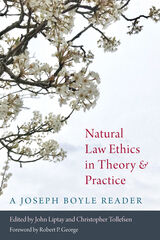
Part One: Articulating a Theory of Natural Law contains three sections in which Boyle defends the reality of free choice and the view that the basic reasons for action, or first principles of natural law, are incommensurable in goodness. Boyle identifies the basic moral standard for choice and action, and develops an account of human action that elucidates the important role played by intention and double effect in their moral evaluation.
The essays in Part Two: Natural Law Theory and Contemporary Moral Problems demonstrate the strength and scope of Boyle’s natural law account, as he brings it to bear upon just war theory, property and welfare rights, and issues in bioethics. The essays in bioethics address the difficult question of whether it is appropriate to tube-feed patients in persistent vegetative state, and include an unpublished essay, “Against Assisted Death,” which he delivered as the Anscombe Lecture at The Anscombe Bioethics Centre in Oxford about a year before he died.
This volume also includes a Foreword by Princeton’s Robert P. George; an Introduction by the editors that highlights Boyle’s contribution to the development of the new classical natural law theory; and a bibliography of Boyle’s publications.
READERS
Browse our collection.
PUBLISHERS
See BiblioVault's publisher services.
STUDENT SERVICES
Files for college accessibility offices.
UChicago Accessibility Resources
home | accessibility | search | about | contact us
BiblioVault ® 2001 - 2025
The University of Chicago Press


